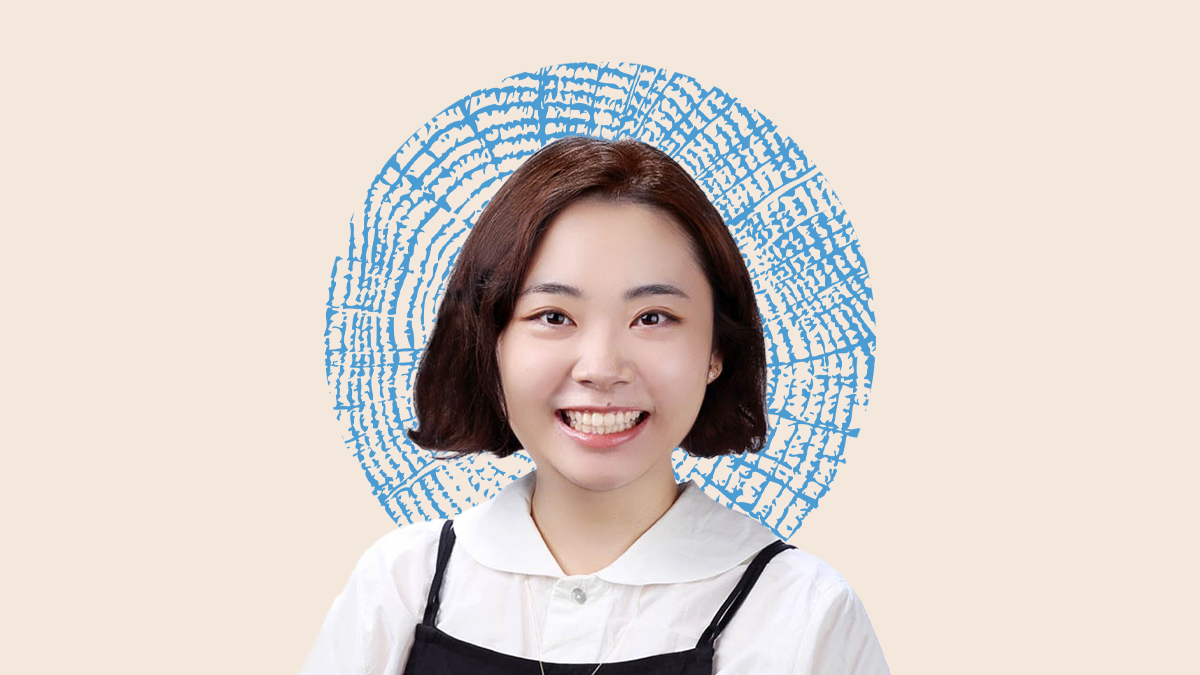Francesca Tripodi explores trust and information
Her Misinformation and Society class helps information and library science professionals think more critically.

How do information and library science professionals cope with a world where populous expertise reigns supreme, facts are complicated, and elected officials share false or harmful content?
At UNC’s School of Library and Information Science, they can enroll in associate professor Francesca Tripodi’s Misinformation and Society class for a sociological analysis of how power complicates knowledge production. Throughout the semester, they explore historical perspectives, examine their own beliefs, and learn to think critically about the process of acquiring information.
Scholar behind the course
A sociologist and information scholar, Tripodi is a principal investigator at the Center for Information Technology and Public Life at UNC-Chapel Hill and an affiliate at Data & Society Research Institute. She has twice testified before the U.S. Senate Judiciary Committee to explain how online search relevance is gamed to drive ideologically based queries and spread conspiratorial logic. Her work is frequently covered by mainstream press.
“If we want to study Information, we need to understand how misinformation, propaganda, conspiracy or the spread of lies is part of the process that models and sustains power,” Tripodi says. “Even information that we think of as ‘Truth’ can be problematic. The point of the class is to provide a historical overview of how we come to trust information, what stories are enacted and why that matters. “
To help students grapple with these challenging topics, Tripodi introduced some new assignments this semester. Students interview a peer on the stories they learned growing up, analyze conspiracy theories and examine stories told in public art.
The midterm assignment is a paper that analyzes a historical topic that hasn’t necessarily been framed as disinformation but was a lie created to hold on to power. “Some of the assignments that students have turned it in the past look at like body image for example, or the food pyramid,” Tripodi says. “It can be even very silly. Like why do we think spinach has so much iron? Or more serious things, like the decision in New York not to put fluoride in the water. The goal is for students to think about the role power and technology play in shaping our historical legacy.”

Lessons for the rest of us
Tripodi has a few tips on how to become a better consumer of information, starting with doing research.
“A lot of times people do their own research with the best of intentions, and we forget that our starting points guide what information is returned to us,” Tripodi says. “If we see something that doesn’t seem right on TikTok or Twitter, and then we use those same words or concepts in our search query, the likelihood that the same information will be returned to you is high. it’s easy to think that because you did that two-step process of ‘fact checking’ it means the information is somehow more valid. But ‘doing your own research’ is complicated and search algorithms are dominated by relevance – they are designed to best match your keywords.”
Tripodi also encourages people to consider the issue of insular information. “If you are talking about something that someone you trust has no idea about, that should probably be a red flag,” Tripodi says. “What you’re looking at is insular. That doesn’t mean it’s wrong, it just means that only this small section of society is thinking about it, so you might want to question why that is. Sometimes it’s because the larger system shuts it down, and that’s how activism works. But people with a vested interest, whether it be a for-profit or corporate power or a political power, might be manipulating you.”







